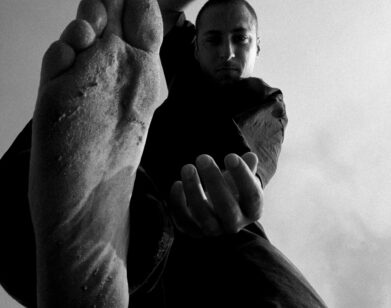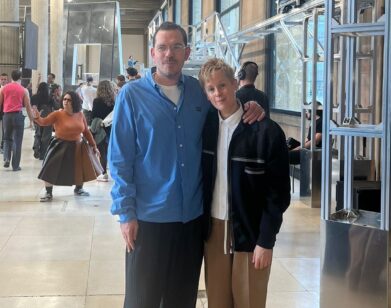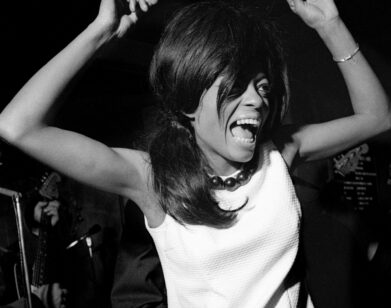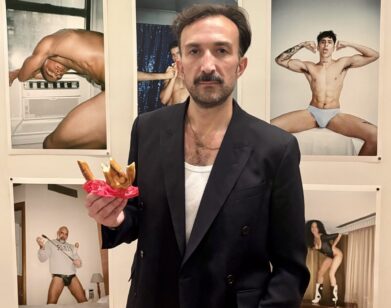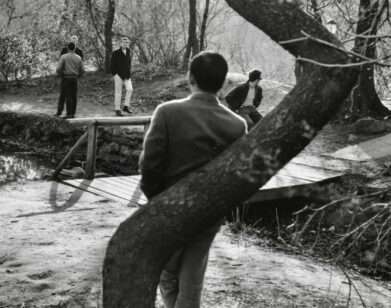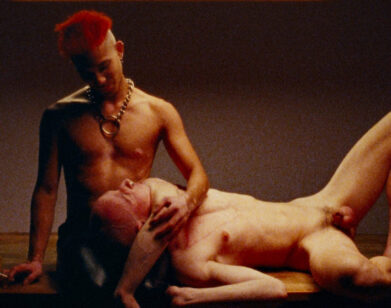Absolut Art
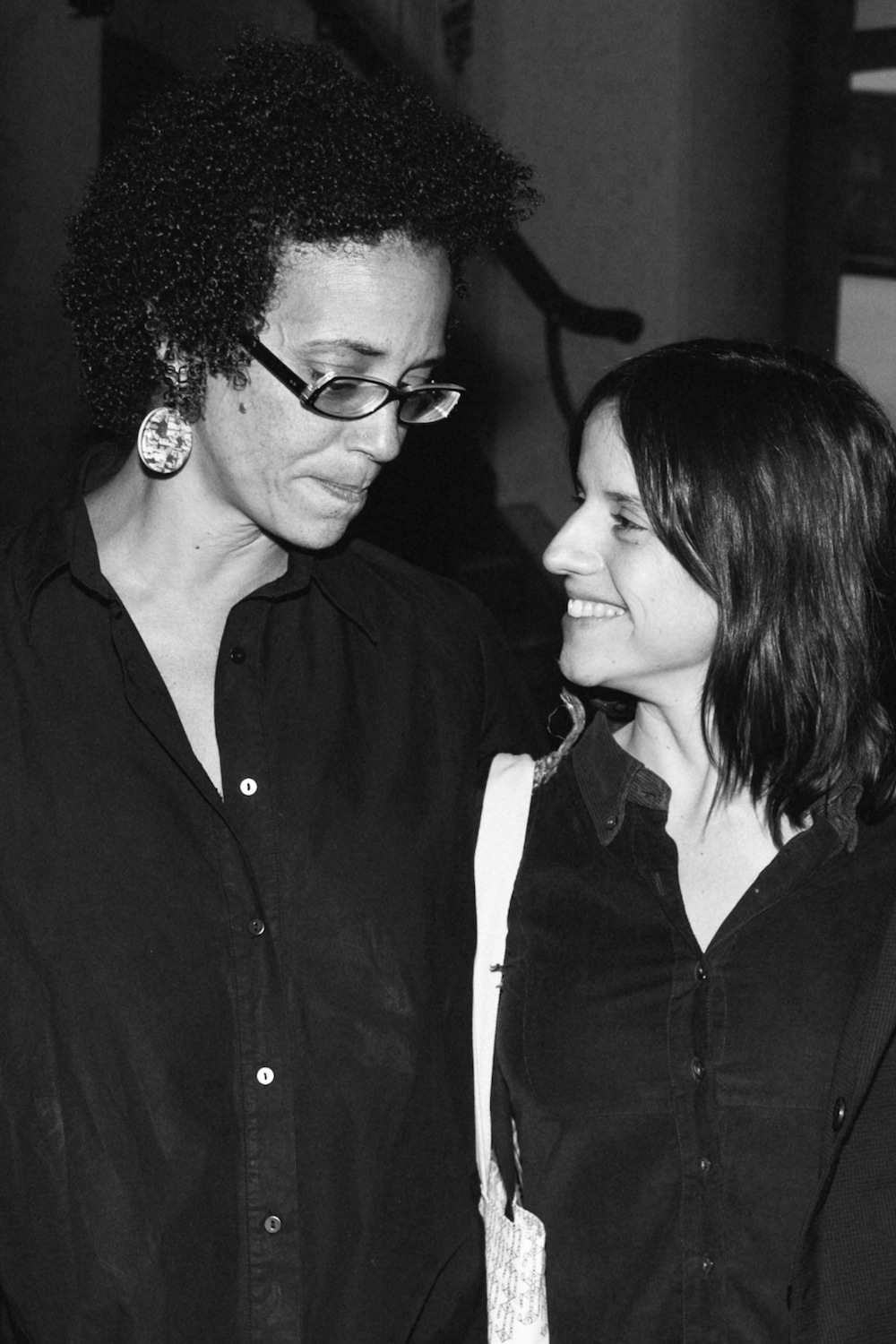
ABOVE: COCO FUSCO (LEFT) AND RENATA LUCAS AT THE FOURTH ABSOLUT ART AWARDS.
Absolut’s relationship with the global art world is more than a fleeting romance. “Our godfather is Andy Warhol,” says Vadim Grigorian, the Global Project Leader of the Absolut Art Bureau. He is, of course, referring to the series of iconic advertisements Interview‘s founder conceived for the brand in the mid-’80s. Warhol is not the last artist the Swedish company has supported: Last Friday, the bureau hosted its fourth Absolut Art Awards. The winner, Brazilian artist Renata Lucas, was awarded a €20,000 cash prize and an additional €100,000 budget to produce a dream work. For the first time, the company also awarded a writer, Coco Fusco, with €20,000 and an additional €25,000 to develop a new arts publication.
“It’s not about lifetime achievement,” said Grigorian moments before announcing the winners at the Absolut Atelier in Stockholm, Sweden last Friday. “It’s promise of a legacy.” Renata Lucas, who has participated in dOCUMENTA and the Istanbul Biennial, creates works that challenge the notion of public and private space. Most of her art interacts with an existing landscape, bringing prominence to what is typically merely a backdrop. Take, for example, Cruzamento (Crossing), in which Lucas covered a busy intersection in her native Rio with plywood. “Normally I’m very connected to the physical context,” explains Lucas.
Conversely, the piece the artist will realize with her recent winnings is devoid of any singular physical space. Described as a “disembodied museum,” the project will exist in a range of fragmented public and social spaces. “[It] has no place, no walls, no physical presence,” Lucas tells us. “It is like a spirit, incorporated in certain physical architectural elements.” Though the specifics of the artist’s project may be loosely defined, her goal of developing a new public and social context for art appealed to the jury of prominent art figures and artists. As with all of Lucas’ work, at the root of the project is the goal of sparking a discourse about our physical environment. “An art piece is never completed, because it is always generating more and more questions,” she says.
That evening, the bureau celebrated its recipients with an extravagant gala at Haga Royal Park Green House. Lucas was charmingly unfazed by being the center of attention at the affair. “I hadn’t really thought about it,” she said. She is, however, appropriately grateful to Absolut for allowing her to realize her dream project. “I’ll have vodka for the rest of my life,” Lucas laughed.

